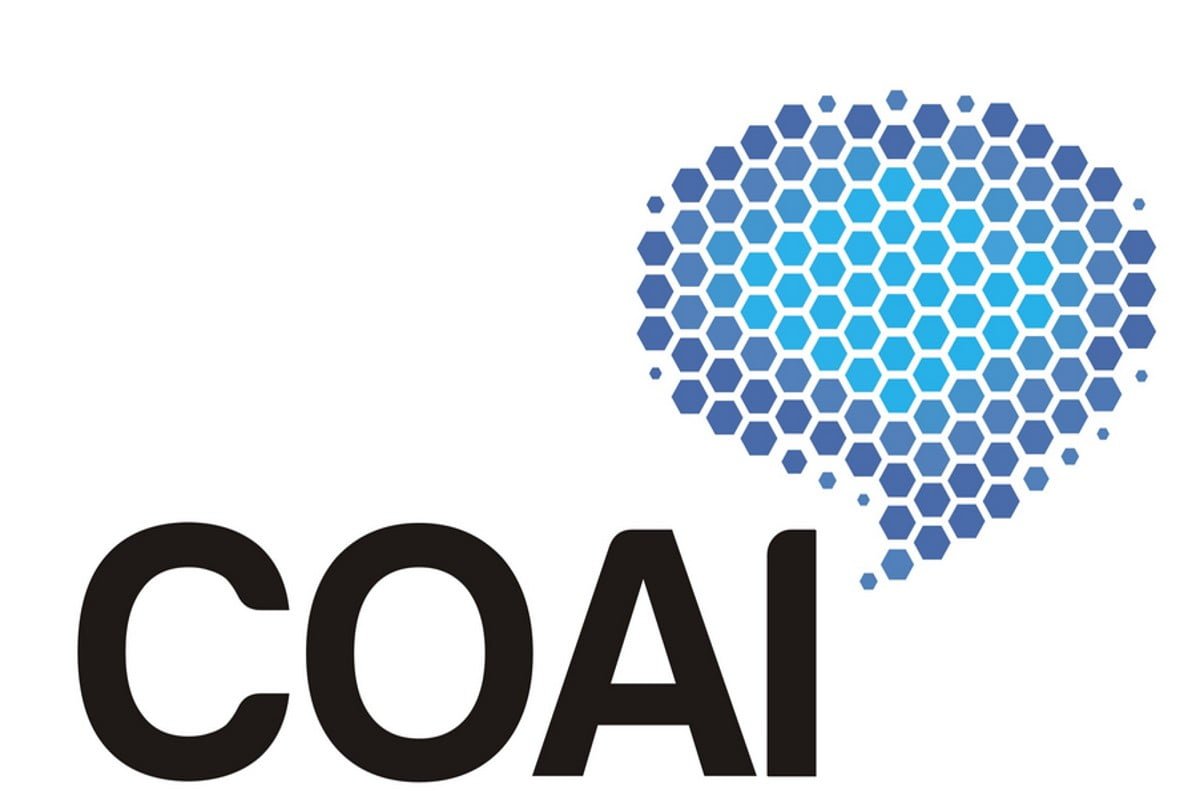
Cellular Operators Association of India (COAI), the industry body which represents private telecom operators, has again made a pitch to include the OTT (over-the-top) apps under the telecom licensing regime. Note that here the OTT communication apps are being talked about. OTT communication apps such as WhatsApp, Telegram and Signal have enjoyed the benefit of offering voice, video and text-based services to their users but have never been put under a licensing regime like the telecom operators. As per COAI, it creates an uneven playing field for the companies.
COAI Wants the Same Rules for Everyone
According to an ET report, in its submission as a response to the consultation process of the draft telecom bill 2022, COAI has said that OTT communication platforms need to be brought under the telecom licensing regime. The body has been very concerned about the uneven playing field that exists because the OTT platforms offer the same kind of services that the telecom operators do, but they don't have to comply with the licensing norms, nor do they have to pay licensing fees.
Telecom operators in India pay more than 30% of their income to the government in the form of taxes and levies. While at the same time, OTT players don't pay a single penny. Further, COAI batted for the rise in security measures that the telecom draft bill 2022 seeks to implement. The govt wants the OTT platforms to also do KYC (Know Your Customer) verification to ensure that safety in the platform is maintained.
OTT platforms have a big impact on the mobile networks of the telcos. Yet, they have to pay no one anything and are exempted from any sort of licensing. Thus, COAI wants that if the OTT platforms are offering the same services as the telcos and growing at the expense that the telcos are making on their networks, then they should be brought under a licensing regime.















